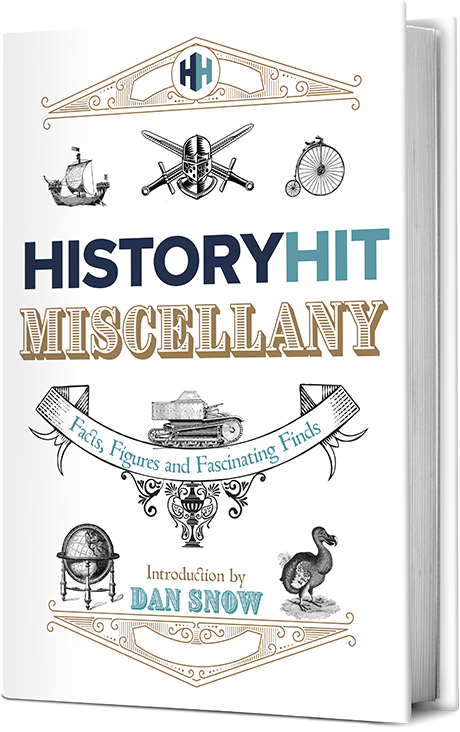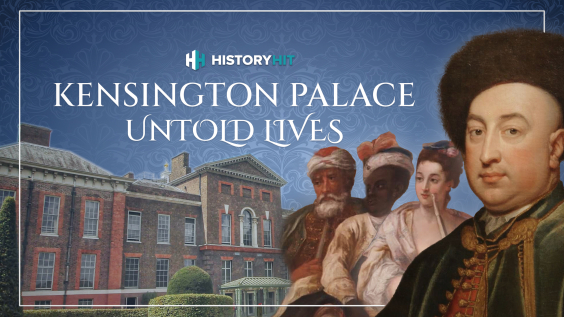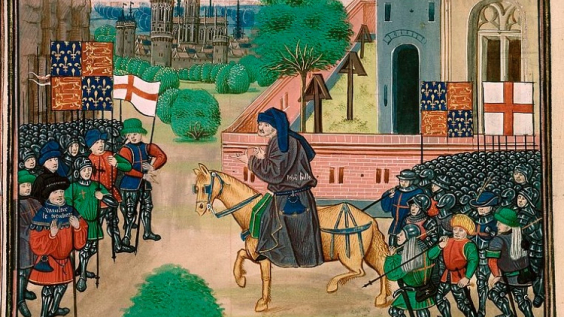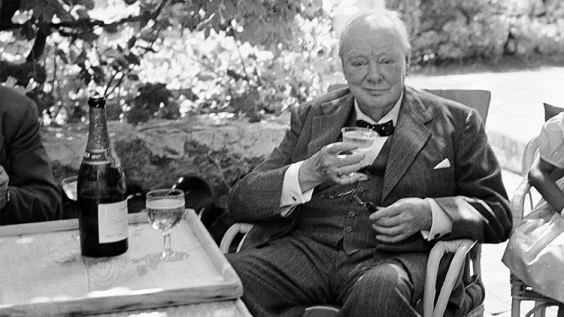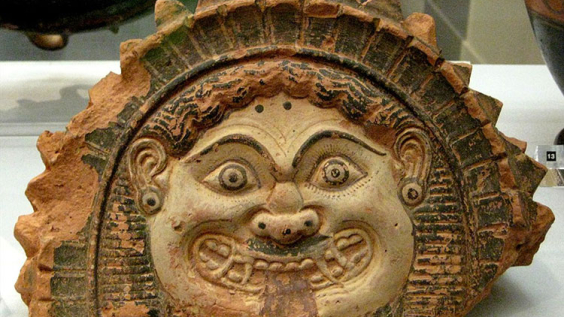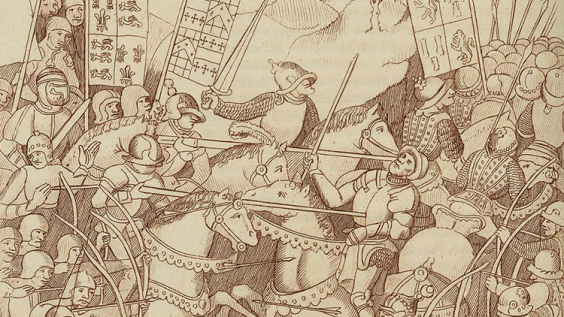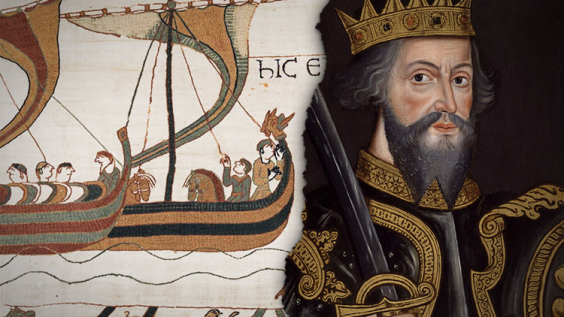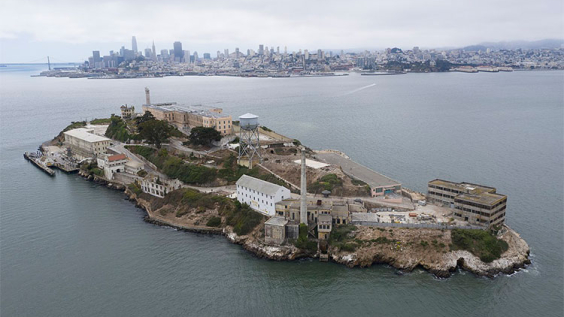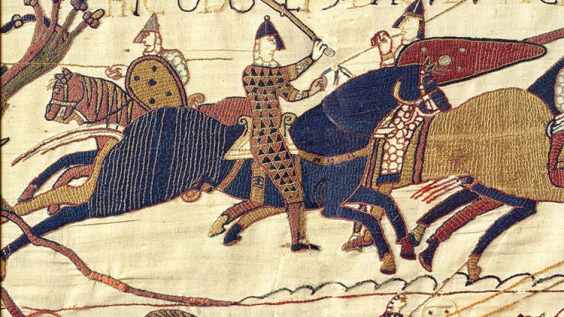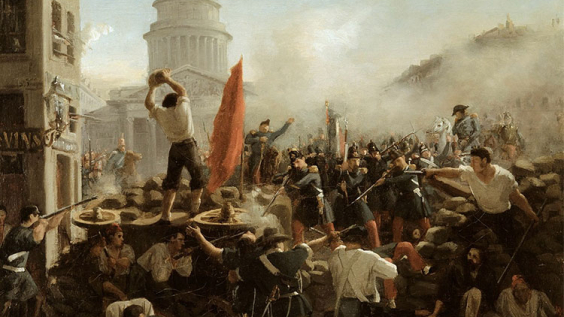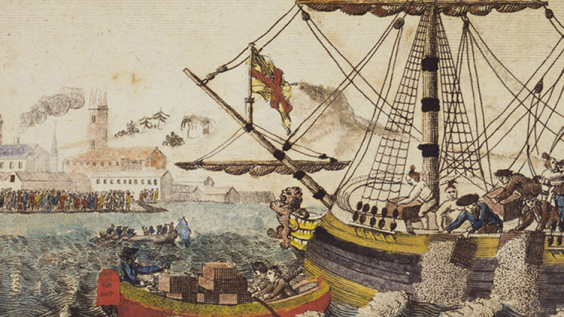
Image credit: Bundesarchiv, Bild 146-1972-026-11 / Sennecke, Robert / CC-BY-SA 3.0
This article is an edited transcript of The Rise of the Far Right in Europe in the 1930s with Frank McDonough, available on History Hit TV.
 Listen Now
Listen NowThe German constitution that Adolf Hitler seemed able to dismantle so easily was a relatively new one.
The Weimar Republic, as Germany was known between 1919 and 1933, was quite a new state and so didn’t have long roots like the United States or, going even further back, Britain. The constitutions of those countries acted as a kind of sea anchor and stabilising force, but the constitution of the Weimar Republic had only been around for a decade or two and so had less legitimacy.
And it was that lack of legitimacy that made the constitution so easy for Hitler to dismantle.
The apparent failure of democracy
Germany never really came to terms with its defeat in World War One. Major portions of society still looked back to the imperial era and really wanted the restoration of the Kaiser.
Even somebody like Franz von Papan, who served as the German chancellor in 1932 and then as Hitler’s vice-chancellor from 1933 to 1934, said in his memoirs that most of the non-Nazi members of Hitler’s cabinet thought that the Nazi leader might restore the monarchy following the death of President Paul von Hindenburg in 1934.
The problem with Weimar democracy was that it didn’t look like something that had brought prosperity.
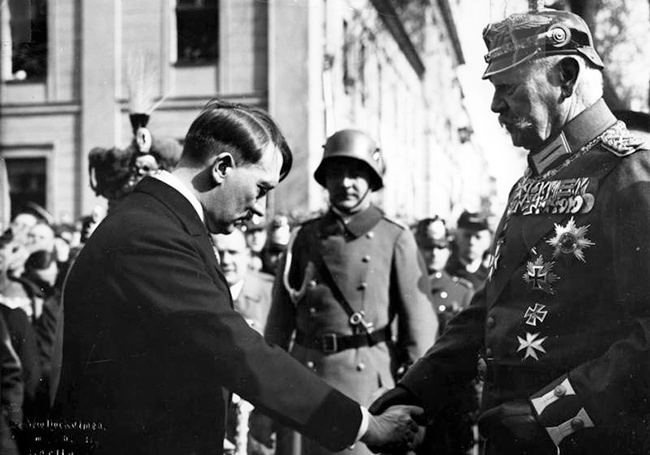
Hitler (left) is pictured with German President Paul von Hindenburg in March 1933. Credit: Bundesarchiv, Bild 183-S38324 / CC-BY-SA 3.0
First off, the great inflation happened in 1923, and that destroyed a lot of middle class pensions and savings. And then, in 1929, short-term loans from America dried up.
So Germany really collapsed in a quite dramatic way – rather like the banking crisis of 2007, where the whole of society was affected by it – and there was vast employment.
Those two things shook up supporters of democracy in Germany. And there hadn’t been many such supporters to begin with. The Nazi Party wanted to get rid of democracy on the right, while on the left the Communist Party also wanted to get rid of democracy.
 Listen Now
Listen NowIf you add up the percentage of the vote won by the two parties in the 1932 general election, it comes to more than 51 per cent. So there was about 51 per cent of the electorate who didn’t actually want democracy. So when Hitler came to power, even the communists had this idea that, “Oh let him come to power – he’ll be exposed as being totally inefficient and will fall from power and we’ll have the communist revolution”.
The German army also never really accepted democracy; although it saved the state from the Kapp putsch in 1920 and from Hitler’s putsch in Munich in 1923 it was never really wedded to democracy.
And neither were most of the ruling class, the civil service or the judiciary. A communist would come before a court in Weimar Germany and get executed, but when Hitler came before a court for high treason, he got just six years in prison and was let out after just over a year.
The ruling elite undermine Hitler
So really, Germany had remained authoritarian. We always think of Hitler as seizing power, but he didn’t. President von Hindenburg was looking for a popular and authoritarian right-wing, pro-army government. And Hitler was brought in to fulfil that role in 1933.
As von Papen said, “We’ll have him squealing in the corner”.
But, they made a big mistake on that one because Hitler was such an accomplished politician. We tend to forget that Hitler was no blundering fool in 1933; he’d been in politics quite a long time. He found out how to press the buttons of the people who were at the top of politics, and he made some sharp decisions all the way through 1933. One of his best was bringing von Hindenburg onto his side.
In January 1933, von Hindenburg didn’t really want to bring Hitler into power. But by April 1933 he was saying, “Oh, Hitler is wonderful, he’s a brilliant leader. I believe he wants to bring Germany together, and he wants to join with the army and with the existing power-brokers to make Germany great again”.

